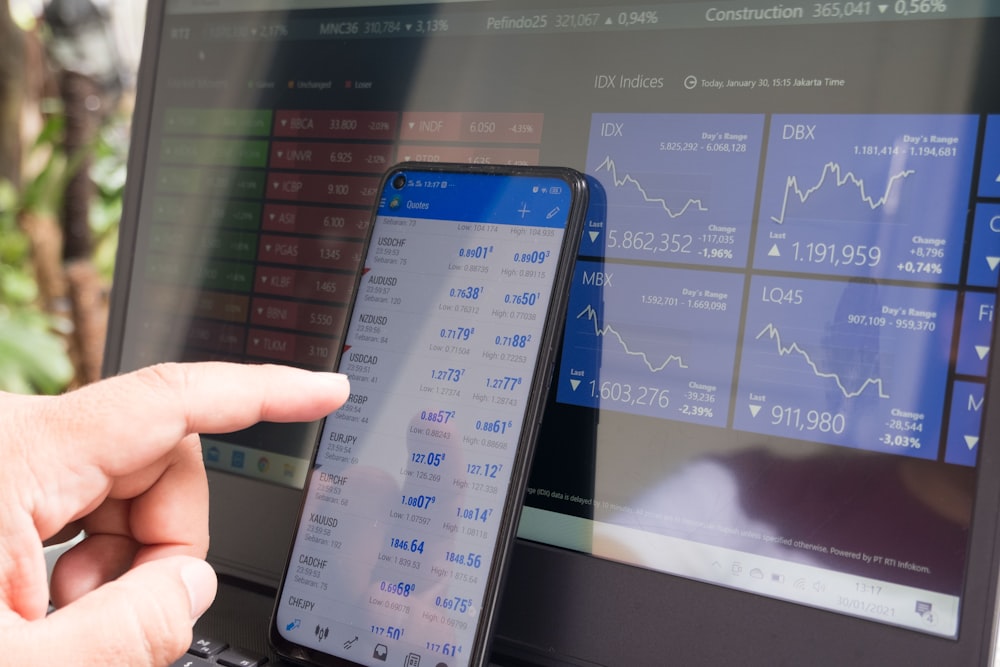Eli Lilly And Company Stock: U.S. FDA Approves Safer Kisunla Dosing For Early Alzheimer’s
Image Source: Unsplash
Eli Lilly and Company (NYSE: LLY) stock closed at $786.92 on July 9, gaining 1.19%, after the U.S. Food and Drug Administration (FDA) approved an updated label for Kisunla.
The revised label features a new titration dosing regimen that reduces safety risks in early symptomatic Alzheimer’s disease without compromising efficacy. The FDA’s decision is based on positive data from the TRAILBLAZER-ALZ 6 study.
New Dosing Strategy Targets ARIA-E Risk
The new titration strategy for Kisunla (donanemab-azbt) introduces a more gradual increase in dosage, which significantly lowers the risk of amyloid-related imaging abnormalities with edema/effusion (ARIA-E), a known side effect of amyloid plaque-targeting therapies.
According to the TRAILBLAZER-ALZ 6 study, ARIA-E incidence dropped from 24% to 14% at 24 weeks and from 25% to 16% at 52 weeks using the new regimen. The update involves shifting a single vial from the initial to the third dose, maintaining the same cumulative dose by week 24.
Dr. Brandy Matthews, Vice President of Global & US Medical Affairs for Alzheimer’s Disease at Lilly, said the update reinforces the company’s commitment to safety. The new schedule enables physicians to reduce risk while continuing monthly treatments.
JUST IN: The FDA approves Biogen's Alzheimer’s drug, making it the first new therapy for the disease in nearly two decades. @megtirrell reports. https://t.co/bQrebov7tW pic.twitter.com/kBo73B0RaA
— CNBC (@CNBC) June 7, 2021
Eli Lilly and Company (NYSE: LLY) stock closed at $786.92 on July 9, gaining 1.19%, after the U.S. Food and Drug Administration (FDA) approved an updated label for Kisunla. Eli Lilly and Company (LLY) The revised label features a new titration dosing regimen that reduces safety risks in early symptomatic Alzheimer’s disease without compromising efficacy. The FDA’s decision is based on positive data from the TRAILBLAZER-ALZ 6 study. New Dosing Strategy Targets ARIA-E Risk The new titration strategy for Kisunla (donanemab-azbt) introduces a more gradual increase in dosage, which significantly lowers the risk of amyloid-related imaging abnormalities with edema/effusion (ARIA-E), a known side effect of amyloid plaque-targeting therapies. According to the TRAILBLAZER-ALZ 6 study, ARIA-E incidence dropped from 24% to 14% at 24 weeks and from 25% to 16% at 52 weeks using the new regimen. The update involves shifting a single vial from the initial to the third dose, maintaining the same cumulative dose by week 24. Dr. Brandy Matthews, Vice President of Global & US Medical Affairs for Alzheimer’s Disease at Lilly, said the update reinforces the company’s commitment to safety. The new schedule enables physicians to reduce risk while continuing monthly treatments.
Preserved Efficacy and Safety in Clinical Study
Despite the slower titration, the updated regimen achieved comparable reductions in amyloid plaque and P-tau217 levels. Amyloid PET imaging showed a 67% reduction in plaque levels under the new dosing, versus 69% in the original schedule.
No new adverse reactions were identified, though there were slightly higher rates of hypersensitivity and infusion-related reactions. The modified titration preserved Kisunla’s clinical benefit while improving tolerability.
Dr. Elly Lee of the Irvine Center for Clinical Research called the update a “meaningful advancement,” emphasizing its potential to enhance physician confidence in the drug’s safety profile.
Background and Long-Term Impact
Kisunla was approved by the FDA in July 2024 based on results from the TRAILBLAZER-ALZ 2 Phase 3 trial. That study showed the drug slowed cognitive and functional decline by up to 35% in early-stage Alzheimer’s patients, and by 22% in the broader study population. It also reduced the risk of disease progression by 37% over 18 months.
Alzheimer’s remains one of the most urgent public health challenges globally. The update to Kisunla’s label could increase adoption by healthcare providers concerned about safety.
Performance and Outlook
LLY stock has posted a five-year return of 401.35%, outperforming the S&P 500’s 98.7%. However, it is down 15.03% over the past year. Year-to-date, LLY has gained 2.32%.
With the new label likely to improve confidence among prescribers and patients, Kisunla may play a growing role in the Alzheimer’s treatment landscape. Eli Lilly has not yet announced its next earnings date, but investors will be watching closely for updates on Kisunla’s market uptake.
More By This Author:
Trump Tariffs Trigger Crypto Gains, Bitcoin And Ethereum Surge
BTC Price Falls After Trump Confirms No Delay On August 1 Tariffs
SEC Delays Fidelity Solana ETF Decision, Seeks Public Comments




